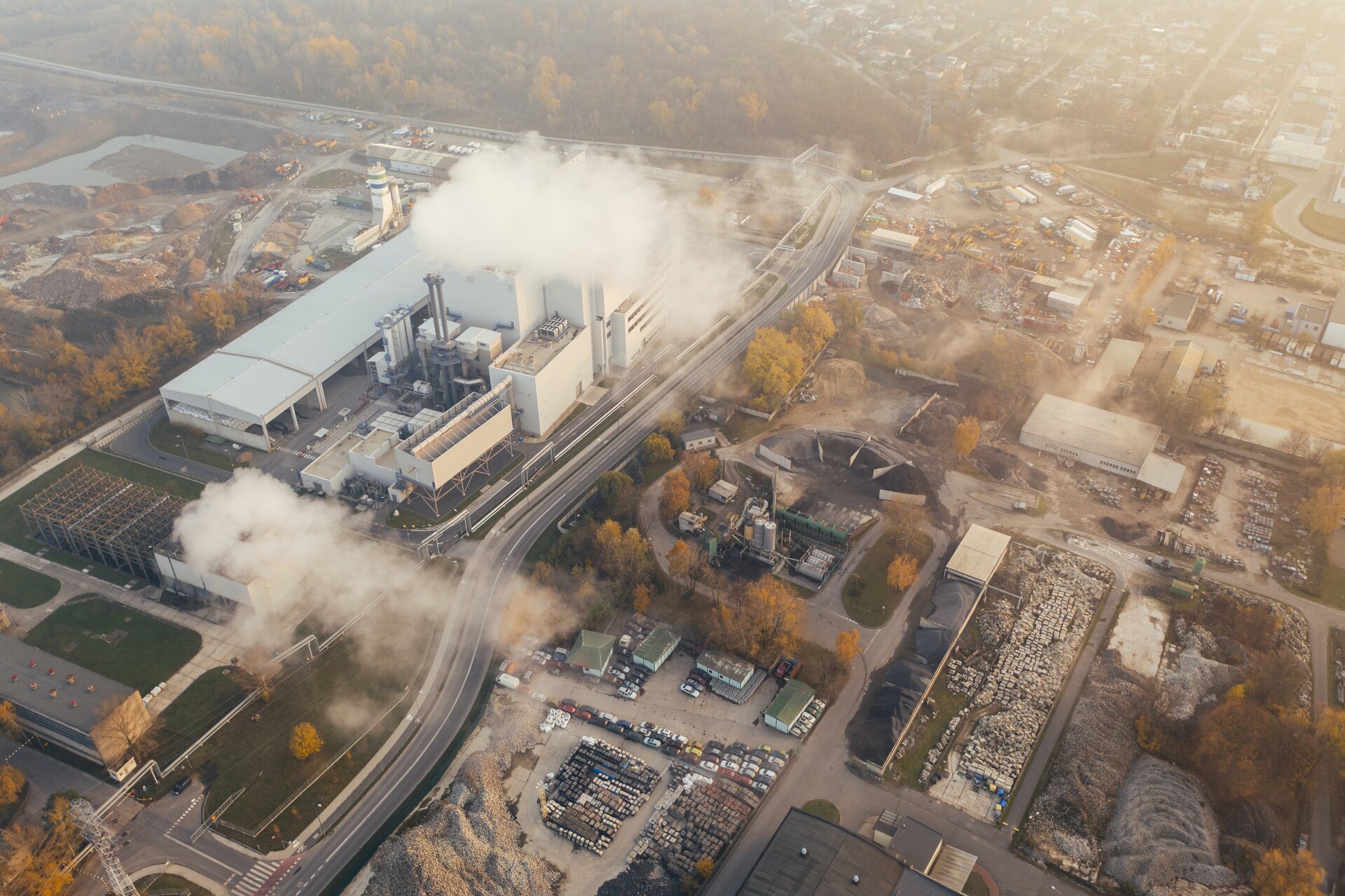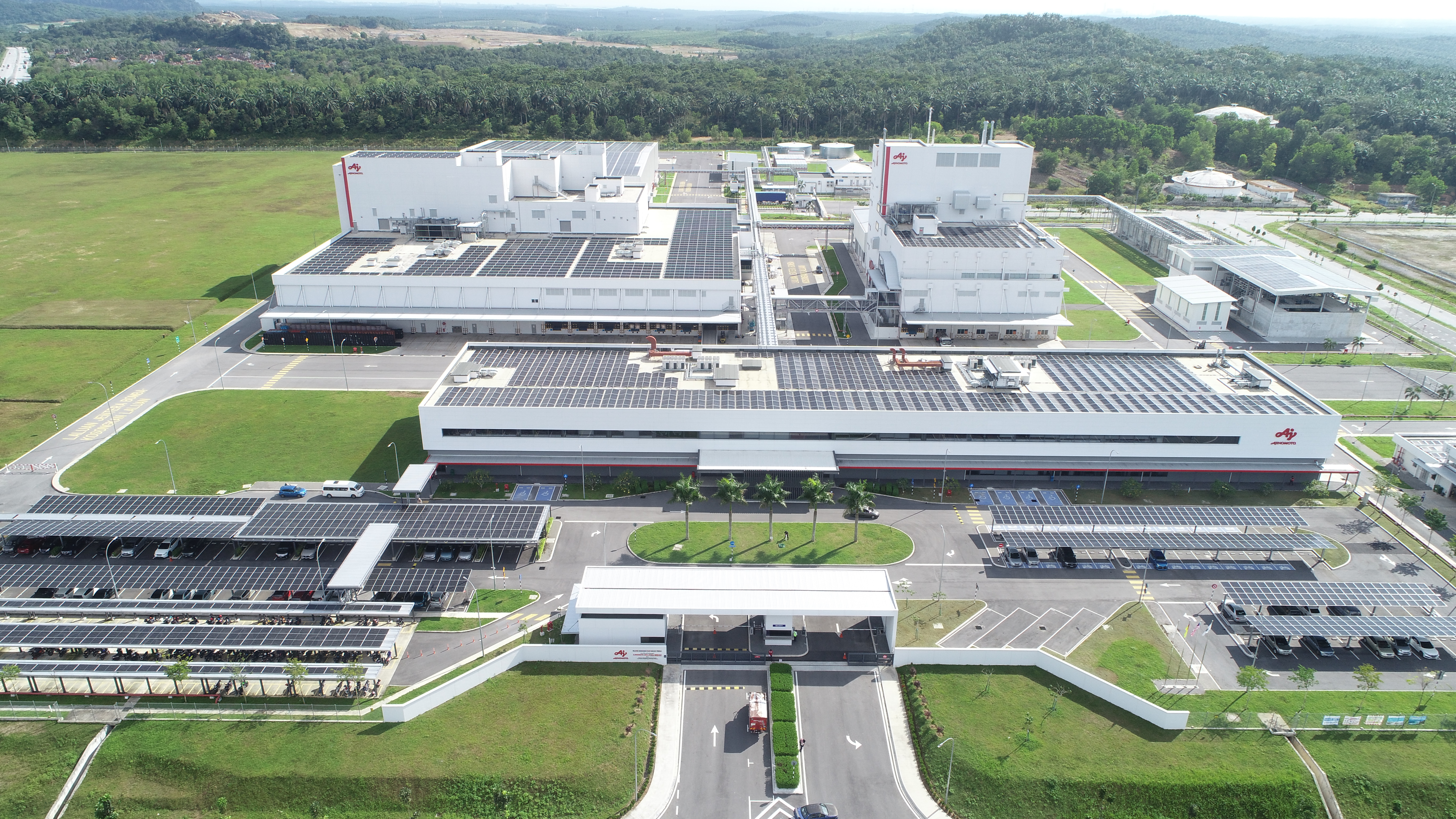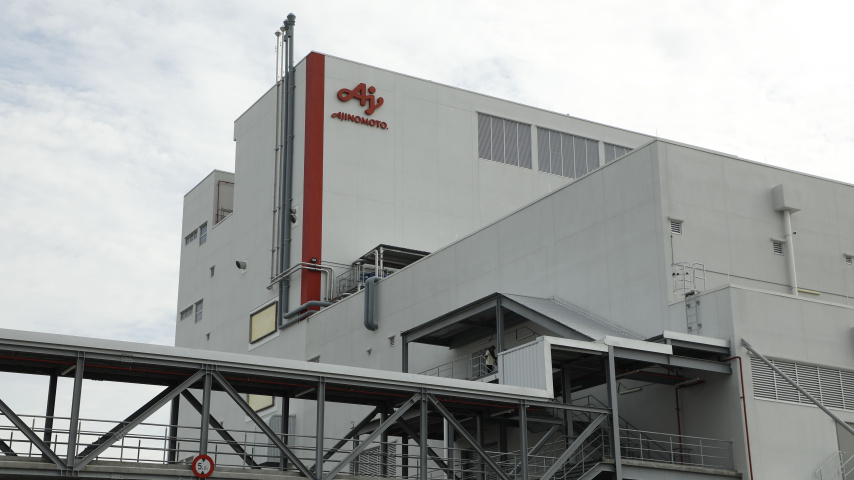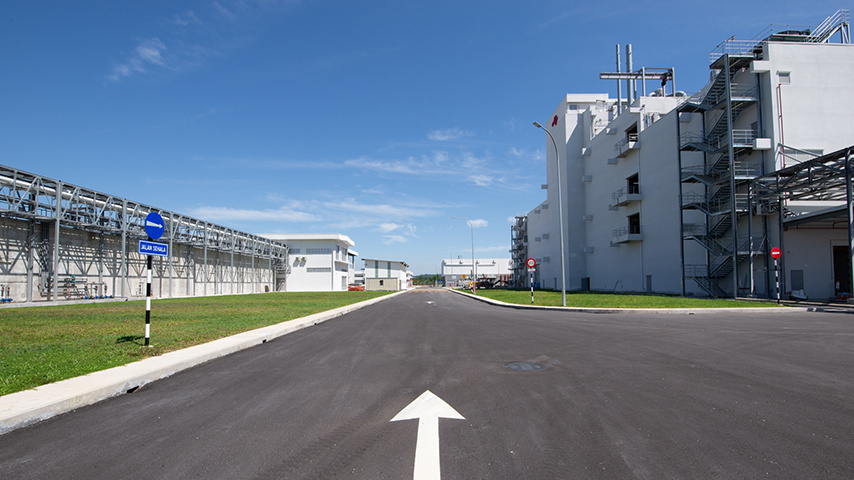Mitigating Greenhouse Gas Emissions and Effects

Over the past few years, the burning of fossil fuels—oil, coal, and natural gas—to generate electricity released carbon dioxide locked in the ground into the atmosphere. These CO₂ emissions contribute to global warming and climate change. Hence the urgent need for renewable energy sources like solar energy is important to reduce carbon emissions.
What Are Greenhouse Gases
Greenhouse gases are crucial for maintaining the Earth's temperature. However, when their levels exceed normal limits, they can lead to adverse effects such as global warming.
- Carbon dioxide is the most common greenhouse gas emitted by human activities like burning fossil fuels and deforestation. It stays in the earth's atmosphere for a long time, making it a significant contributor to climate change.
- Methane is another potent greenhouse gas that traps heat more effectively than carbon dioxide but remains in the atmosphere for a shorter time. It mainly comes from natural processes like wetland decomposition and human activities including livestock farming and waste management.
- Nitrous oxide is released from agricultural and industrial activities, as well as from the burning of fossil fuels. Although it constitutes a smaller proportion of greenhouse gas emissions compared to carbon dioxide and methane, it has a significant impact due to its high potency and long lifespan in the atmosphere.
- Fluorinated gases are synthetic greenhouse gases generated from industrial processes. They have a very high global warming potential but occur in much smaller quantities compared to other greenhouse gases.
- Water vapour is the most abundant greenhouse gas in the atmosphere, but its concentration is not directly influenced by human activities. Its role in climate change is complex because while it acts as a strong greenhouse gas, its concentration largely depends on other environmental factors.
Effects of Greenhouse Gases Emitted
Climate change is one of the most pressing issues linked to greenhouse gas emissions. The excess buildup of these gases in the atmosphere traps heat, leading to global warming. This, in turn, contributes to rising sea levels, altered weather patterns, and more frequent extreme weather events like hurricanes and heat waves.
Furthermore, the emission of major greenhouse gases also heavily impacts air quality. When these gases interact with sunlight and certain chemicals in the atmosphere, they create smog and ground-level ozone. This can lead to respiratory problems such as asthma and other lung diseases, especially in urban areas where pollution levels are high.
Additionally, the acidification of oceans is another consequence of increased greenhouse gas emissions. As carbon dioxide dissolves into seawater, it lowers its pH levels. This makes it harder for marine life like corals and shellfish to build their skeletons and shells which threatens entire ecosystems that rely on them for survival.
Reducing Greenhouse Gas Emissions in Malaysia

CO2 reduction and our carbon footprint hold immense importance in our collective effort to tackle climate change and safeguard the health of our planet. The release of carbon dioxide into the atmosphere, primarily caused by human activities like burning fossil fuels for energy generation, transportation, and industrial operations, plays a pivotal role in intensifying the greenhouse effect.
The Intergovernmental Panel on Climate Change (IPCC) states that human actions have led to a rise of about 1.5 degrees Celsius in the Earth's average surface of global temperatures compared to pre-industrial times. Though this may seem like a modest increase, it has set in motion a series of extreme weather occurrences, higher sea levels, and disturbances in ecosystems, posing substantial risks to our environment, economies, and communities.
As a rapidly developing country with a growing economy, Malaysia can focus on increasing its share of renewable energy sources such as solar, hydropower, and biomass. By investing in these sustainable alternatives to traditional fossil fuels, Malaysia can decrease its reliance on carbon-intensive energy sources and cut down on greenhouse gas emissions.
Moreover, embracing sustainable industrial practices and reducing reliance on intensive manufacturing methods can also lead to lower greenhouse gas emissions. Implementing techniques such as mono packaging and efficient water waste treatment can help minimise the environmental impact of industrial activities.
To ensure the effective implementation of these measures, strong policies, regulations, and incentives are necessary to drive behavioural changes across industries and communities. Government initiatives aimed at promoting renewable energy adoption, fostering sustainable land use practices, and incentivising eco-friendly technologies can play a pivotal role in achieving significant reductions in greenhouse gas emissions.
Ajinomoto Malaysia Is Mitigating Climate Change

As a responsible corporate citizen and supporter of ESG, the Ajinomoto Group set a group vision to achieve a 50% reduction of CO2 Carbon Dioxide Emission by FY2025 in order to promote environmental sustainability by responding to climate change and ensure the sustainability of food resources & biodiversity conservation.
As part of the group, Ajinomoto Malaysia takes the initiative to install solar panels and change our heat source from fuel oil to natural gas in order to reduce CO2 emissions and carbon footprint. The factory is using Renewable Energy (RE) from the solar panels that supply 4.2MW, 25% of the electricity used in the entire factory.
By harnessing the sun's abundant power, we can generate sustainable energy to fulfil part of the factory electricity requirements. The initiative lessens our reliance on fossil fuels and substantially reduces our carbon footprint to create a greener future.

